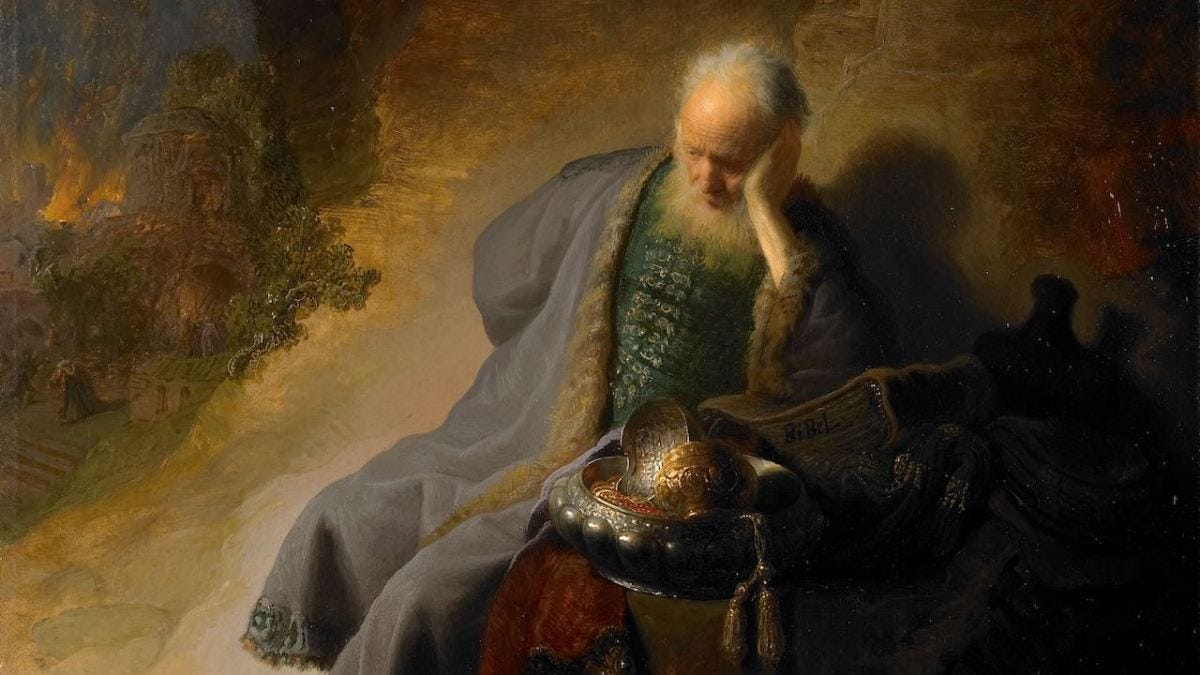The Anguish of Our Mission
The Tenth Sunday after Pentecost
Scripture (semicontinuous)
Old Testament: Genesis 32:22-31
Psalter: Psalm 17:1-7, 15
Epistle: Romans 9:1-5
Gospel: Matthew 14:13-21
Scripture (complementary)
Old Testament: Isaiah 55:1-5
Psalter: Psalm 145:8-9, 14-21
Epistle: Romans 9:1-5
Gospel: Matthew 14:13-21
___
Prayer
God beyond all seeing and knowing, we meet you in the night of change and crisis, and wrestl…
Keep reading with a 7-day free trial
Subscribe to Faith Seeking Understanding to keep reading this post and get 7 days of free access to the full post archives.




